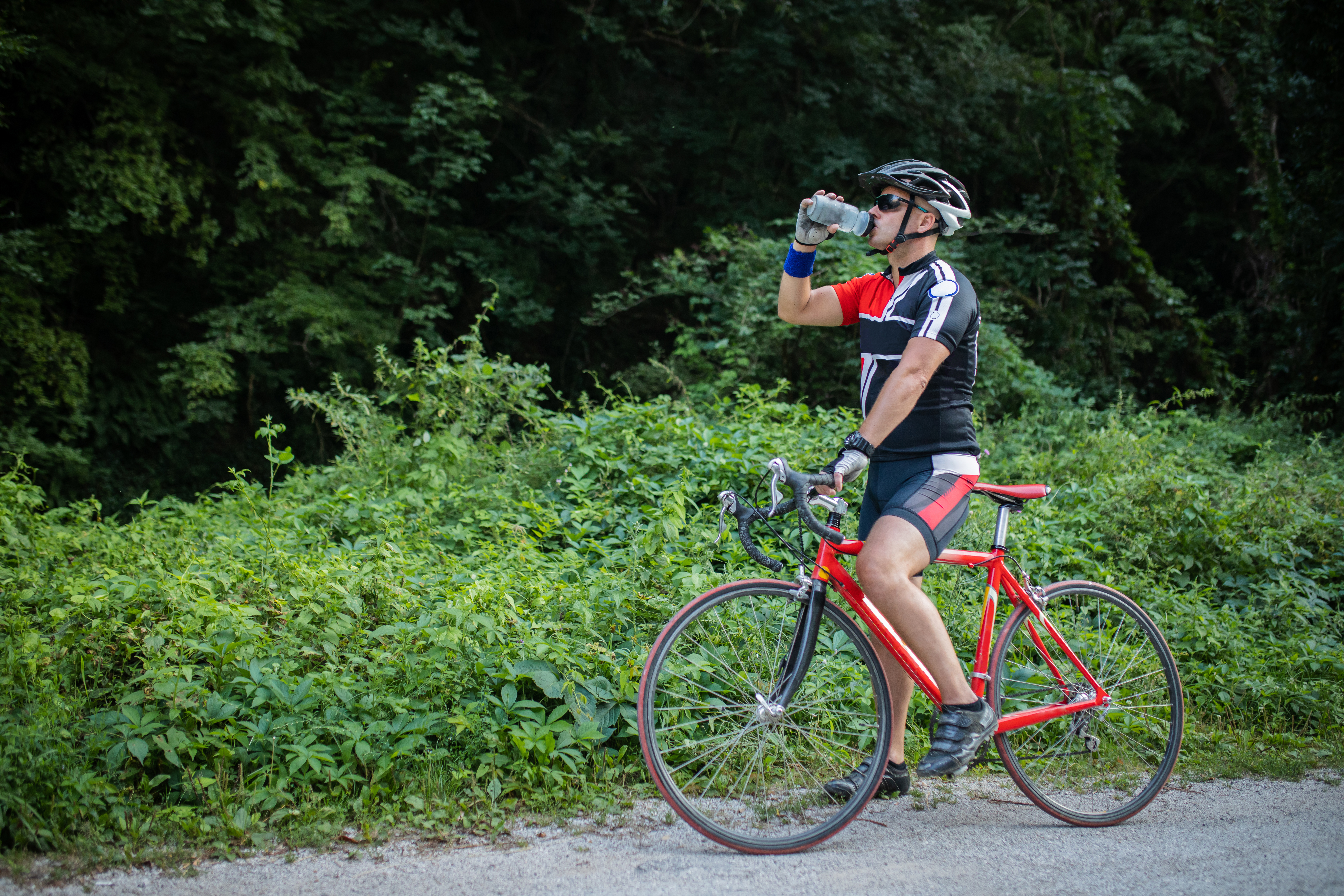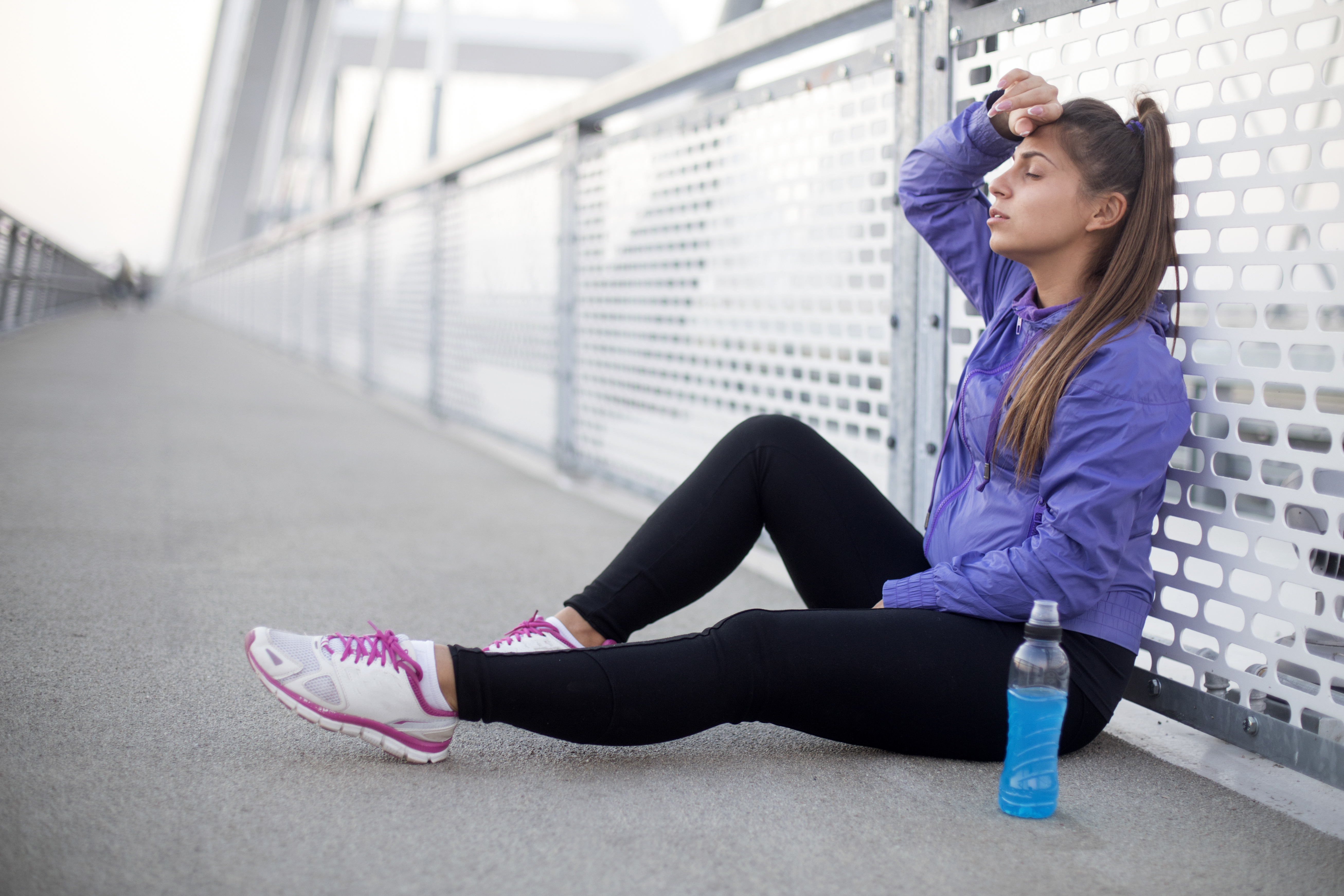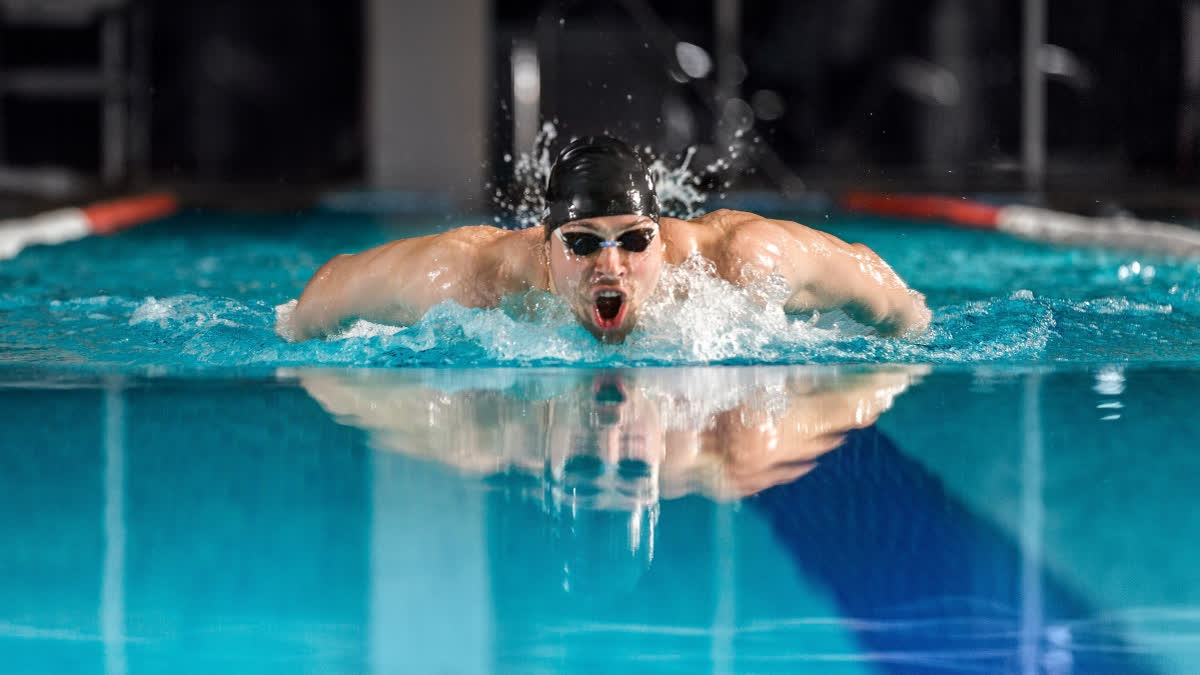While exercise is generally beneficial for overall health, physical activities may increase the risk of adverse cardiovascular disease events in certain susceptible individuals. However, cardiologists say that the benefits outweigh the risks. Findings from new data reviews in studies appearing in CJC Open and the Canadian Journal of Cardiology, published by Elsevier, detail the risks associated with various types of sport and leisure activities.
The study lists cycling, hockey and hunting on the top of the leisure activities associated with the highest number of natural deaths in Québec, of which 95% are sudden cardiac deaths. Researchers examined coroners reports, autopsy findings, and police records to analyze the frequencies, rates, etiology, and characteristics of natural deaths related to sport and recreation in Québec, Canada, from January 2006 to December 2019. In total, they identified 2,234 deaths associated with sport and recreation over the 14-year period (averaging three per week, including unintentional injury deaths), of which 297 were attributable to natural causes. Of these, data showed that death rates increased starting from age 35, peaking in males 45 and over. In 65% of the cases recorded by the researchers, there was no automated external defibrillator (AED) readily available.
Lead investigator Philippe Richard, PhD, Direction de la sécurité dans le loisir et le sport, Ministère de l’Éducation du Québec, Trois-Rivières, Québec, Canada, and coauthor of the study: Natural Causes of Sport and Recreation-Related Deaths in the General Population: A 14-Year Review in Québec, Canada, says, "The unavailability of AEDs highlights a critical gap in emergency preparedness, especially in the context of five of the six activities with the highest death frequencies (cycling, hunting, jogging, hiking or walking, and swimming), which often occur in locations where AEDs are not readily accessible. As Québec is currently working on AED-related legislation, these results underscore the necessity for a comprehensive approach that extends beyond public places to ensure adequate (AED) coverage for activities in rural or remote areas, where the risks are pronounced and immediate access to emergency care is crucial."

Can Sports activities cause natural death due to cardiac arrest and heart attack?
Dr Nikhil Dhanpal, consultant vascular and endovascular surgeon says, sports activities can occasionally cause heart attacks or cardiac attests. "Particularly in individuals with underlying heart conditions or those who overexert themselves. However, regular physical activity is generally beneficial for heart health when done appropriately," says Dr Dhanpal.
Causes of exercise-induced cardiac arrests according to Dr Dhanpal.
Underlying heart conditions:
Some of the underlying heart conditions like Coronary Artery Disease (CAD) which causes blockages in the arteries can limit blood flow to the heart, which increases the risk of heart attack during intense exercise.
Another reason is Hypertrophic Cardiomyopathy (HCM), a genetic condition where the heart muscle becomes abnormally thick, making it harder for the heart to pump blood.
Arrhythmias, abnormal heart rhythms can lead to cardiac arrest during physical exertion.
Overexertion
Excessively intense or unaccustomed physical activity can put stress on the heart, especially in those with poor fitness levels or pre-existing conditions.
Electrolyte imbalances:
Dehydration or imbalance in electrolytes (like potassium and magnesium) due to prolonged exercise can trigger heart rhythm issues.
Performance-enhancing substances:
Use of stimulants or certain drugs to boost performance can strain the heart and increase the risk of cardiac events.
Who is at risk?
People with undiagnosed or untreated heart conditions.
Sedentary individuals who suddenly engage in high-intensity exercise.
Older adults or individuals with a family history of heart disease.
Athletes using performance-enhancing drugs or energy drinks.

Warning signs to watch for
Chest pain or discomfort during exercise.
Shortness of breath beyond normal exertion levels.
Dizziness, lightheadedness, or fainting.
Rapid or irregular heartbeats.
Extreme fatigue or weakness.
"If any of these symptoms occur, stop exercising immediately and seek medical attention," suggests Dr Dhanpal.
Prevention tips
Get Screened: Regular health check-ups and cardiac screenings, especially if you have a family history of heart disease or if you are over 40.
Warm up and cool down: Gradually increase and decrease exercise intensity to avoid sudden strain on the heart.
Listen to your body: Avoid pushing through pain or extreme discomfort.
Stay hydrated: Maintain proper fluid and electrolyte balance.
Avoid high-risk behaviors: Refrain from using performance-enhancing drugs or excessive caffeine.
Read More:



